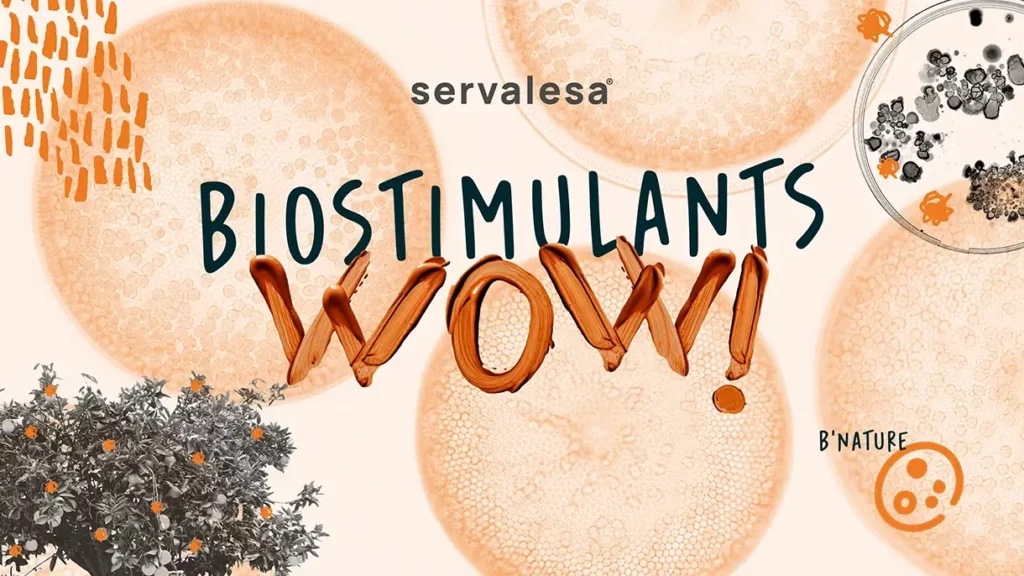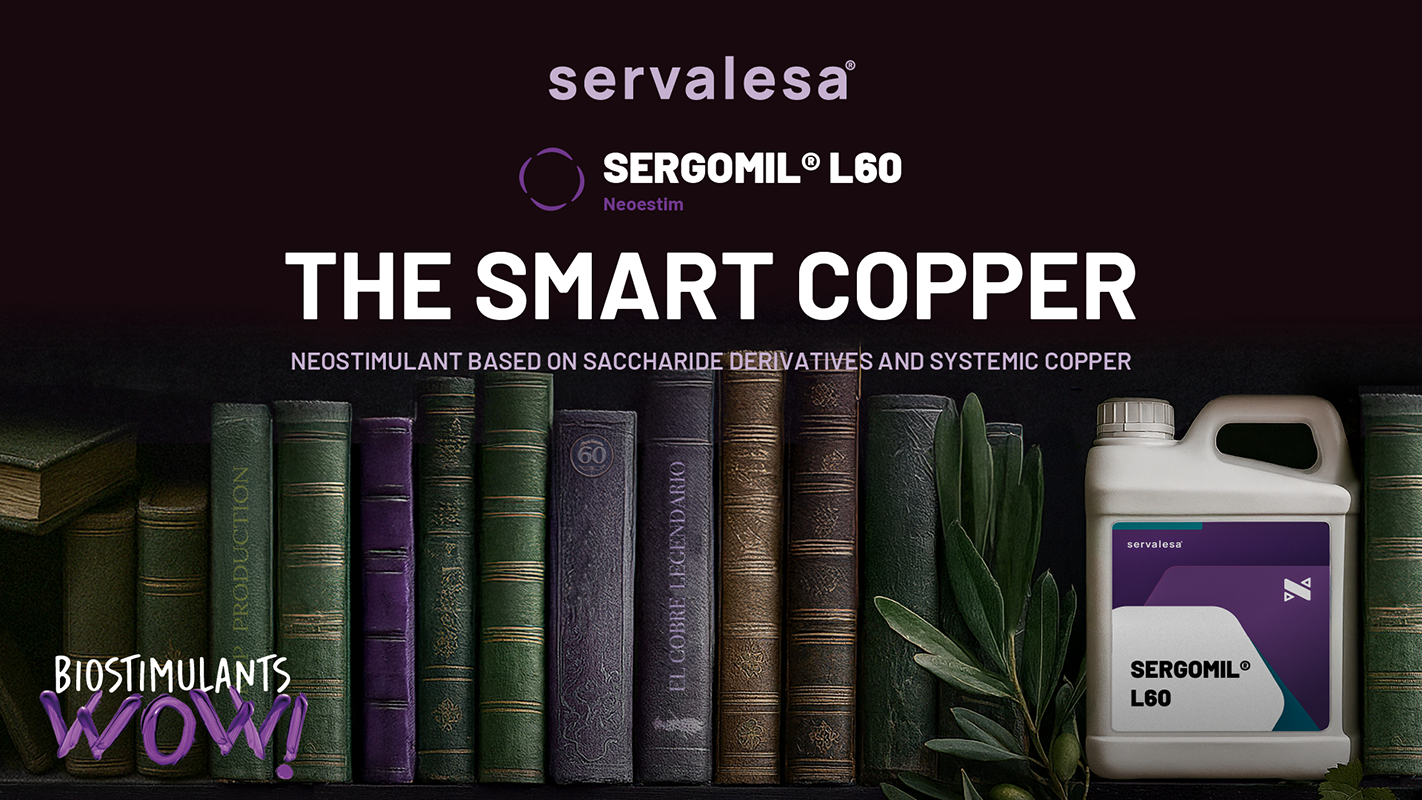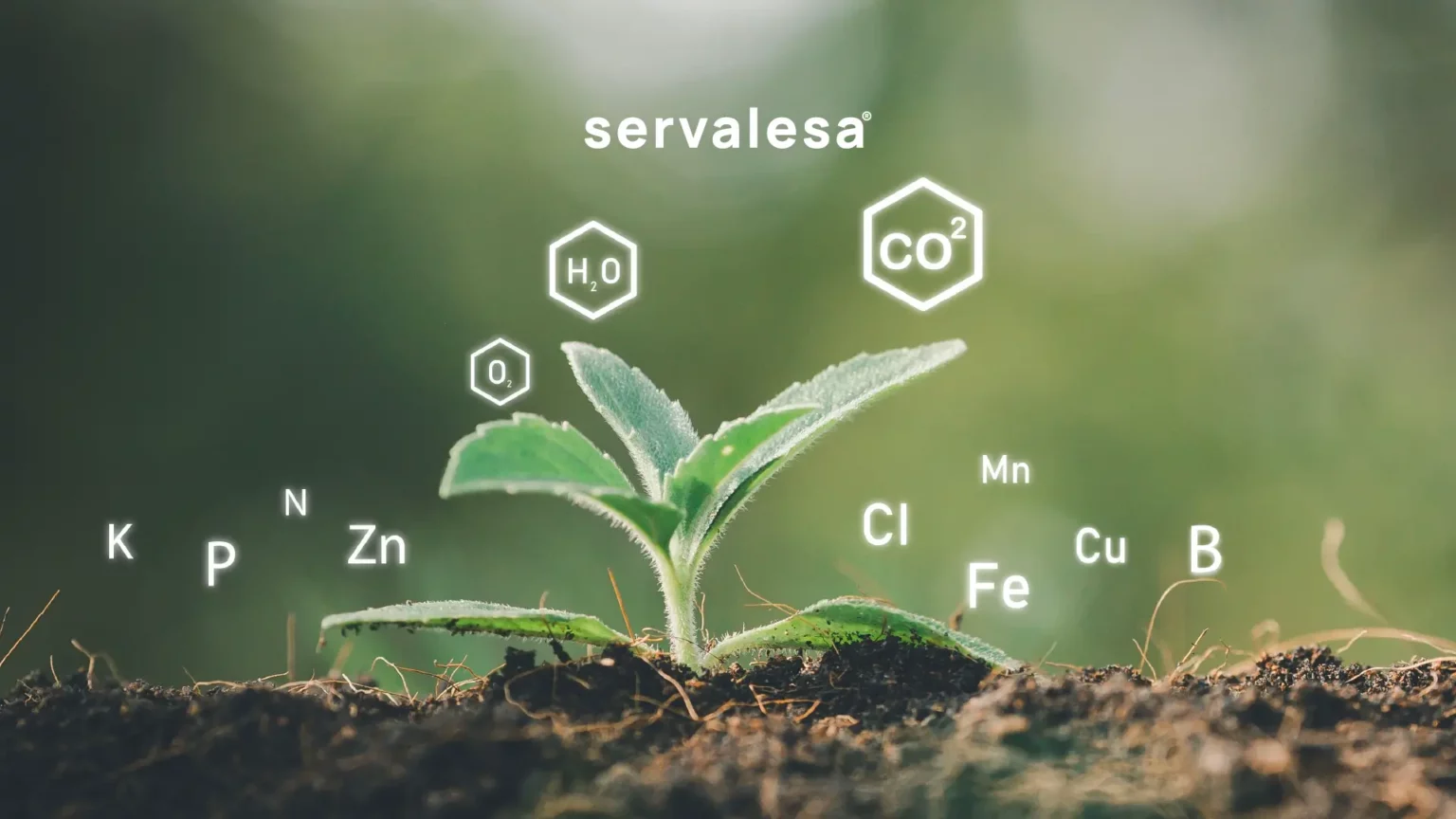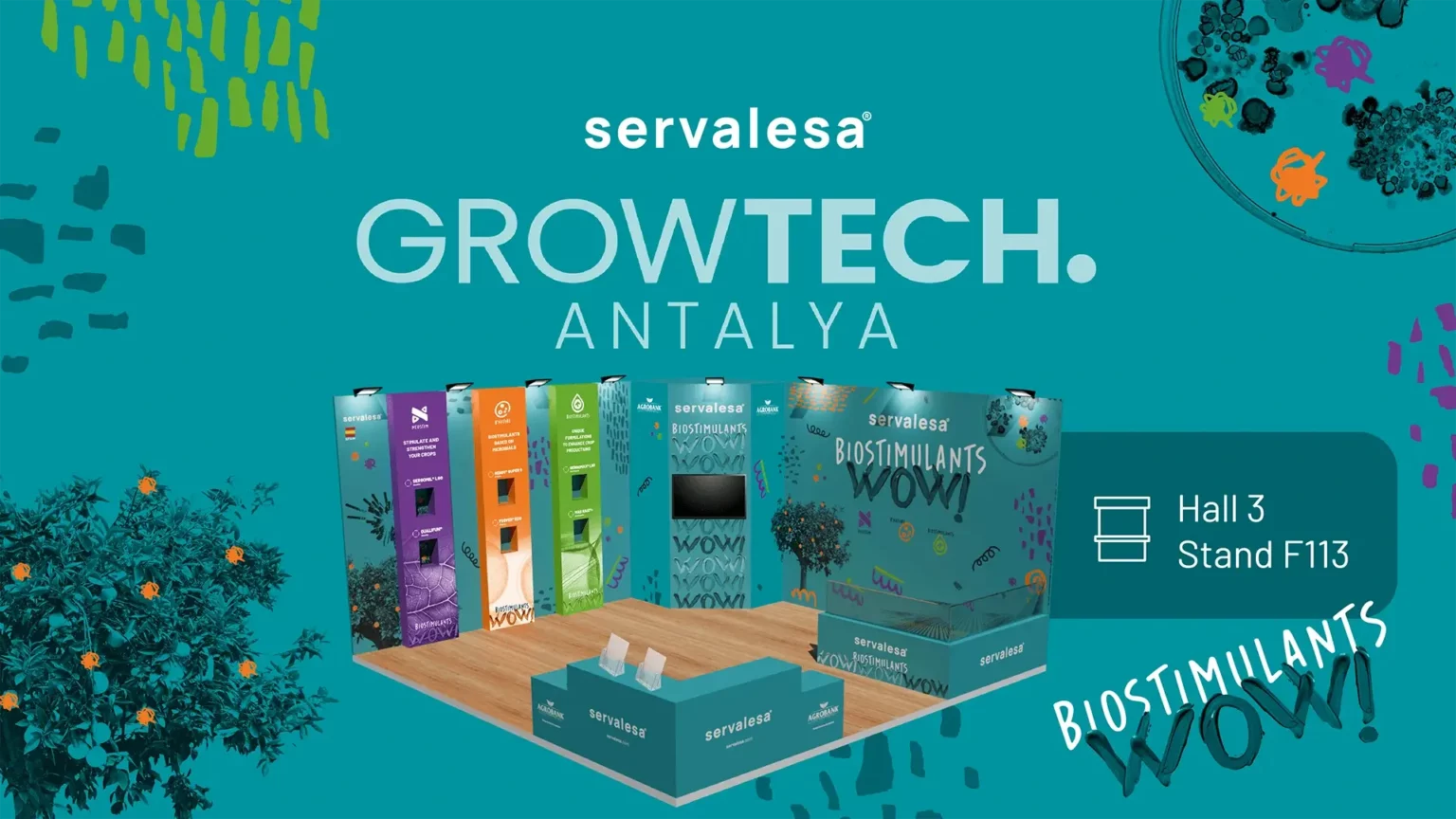Microbial Biostimulants
The progress of R&D&I in biotechnology companies dedicated to the development of micoorganism-based plant biostimulants (microbial biostimulants), in addition to the scientific advances of other institutions, have, to some extent, encouraged both European and National Authorities to update and thoroughly review their applicable legislation on fertiliser products in order to include them in their own legislation..
Thus, nowadays, we can find different regulatory frameworks with which to position these microbial biostimulants on the market, the most current definition of which is found in Regulation (UE) 2019/10091, which came into force on 16 July last year, and which defines a microbial biostimulant as a product consisting of a microorganism or a group of microorganisms “whose function is to stimulate plant nutrition processes independently of the nutrient content of the product, with the sole objective of improving one or more of the following characteristics of plants and their rhizosphere: nutrient use efficiency, abiotic stress tolerance, quality characteristics or availability of immobilised nutrients in the soil and rhizosphere”.
In order to seek the “affability” of the applicable regulatory framework, it is necessary to analyse, in the most sober manner, each of the legislative possibilities that regulate these types of products and which, to a greater or lesser degree, require a prior procedure before the competent authority.
Community Regulations
Firstly, we have Community legislation, through Regulation (EU) 2019/1009, mentioned above, which includes microbial biostimulants in the Functional Product Category FPC 6 (A). Microbial inputs positioned according to this harmonised standard must undergo a conformity assessment in which the participation of an accredited external Notified Body is essential. In order to obtain the CE marking, efficacy tests are also required, the main drawback of the legislation at present being the limitation of authorised microorganisms (Azotobacter spp., hongos micorrícicos, Rhizobium spp. and Azospirillum spp.)
National Regulations
With European Regulation, the various national regulations of the individual EU Member States coexist. In Spain, in 2017, the latest amendment to Royal Ordinance 506/20132, the existing fertiliser regulation, was published, in which microorganism-based fertilisers were included for the first time. To this end, section 4.4 “Special products based on microorganisms” was created within group 4 “Other fertilisers and special products”, incorporating six new types of special products based on microorganisms: mycorrhizae, fertiliser with mycorrhizae, non-mycorrhizal microorganisms, fertiliser with non-mycorrhizal microorganisms, mixture of microorganisms and fertiliser with microorganisms. hese six types of products, subject to registration, must comply with specific requirements, including the identification and characterisation of the microorganisms present at strain level, the need to provide the method of production, propagation, growth conditions, quantification and isolation of the microorganism used, the justification of deposit in an official collection, as well as the performance of agronomic efficacy tests per group of crops carried out by an independent body or accredited company, in which the action to be demonstrated must be defined. Due to the limitations that can still be found in the implementation of Regulation (EU) 2019/1009, it is still necessary to rely on national legislation in order to place many of the different types of microbial biostimulants on the market. With this Register at national level, the possibility of marketing in other member states is also opened up through the application of Regulation (UE) 2019/5153 on the principle of Mutual Recognition of products authorised by the national regulations of other European Union countries.
REGISTRATIONS
In mind this regulatory context, Biológica Nature is committed to a defined strategy to obtain registrations in Spain and other European Union countries for the B’Nature range of microbial biostimulants, while waiting to be able to adapt them to the new Regulation (EU) 2019/1009:
Registrations obtained in Spain
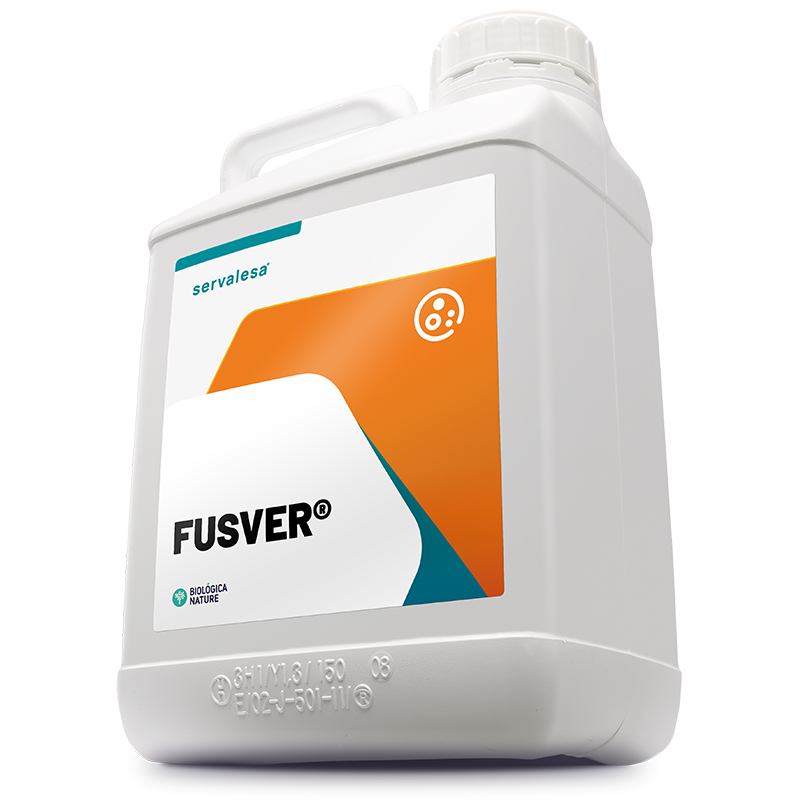
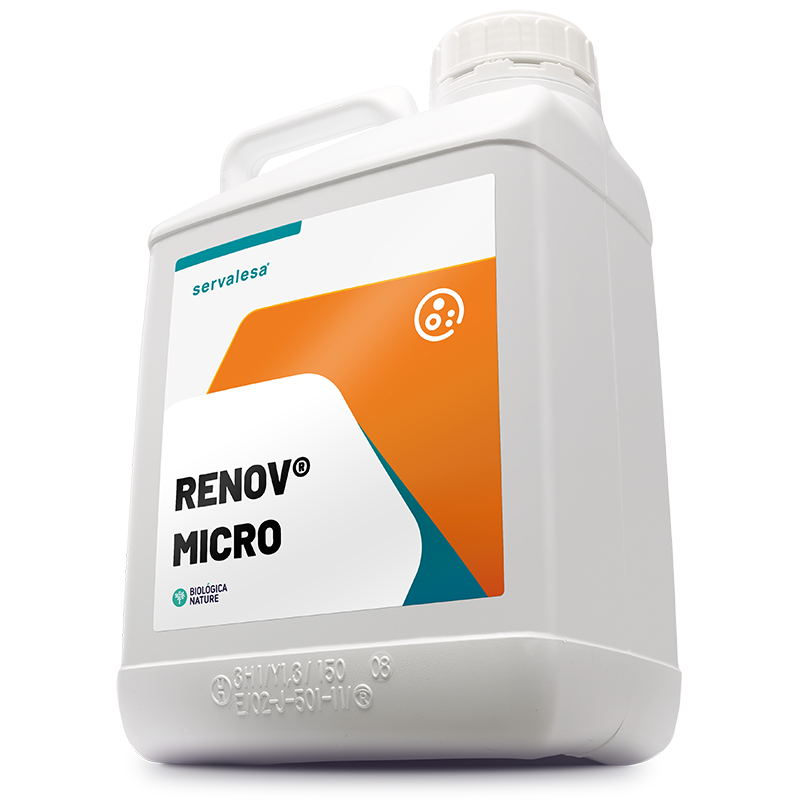
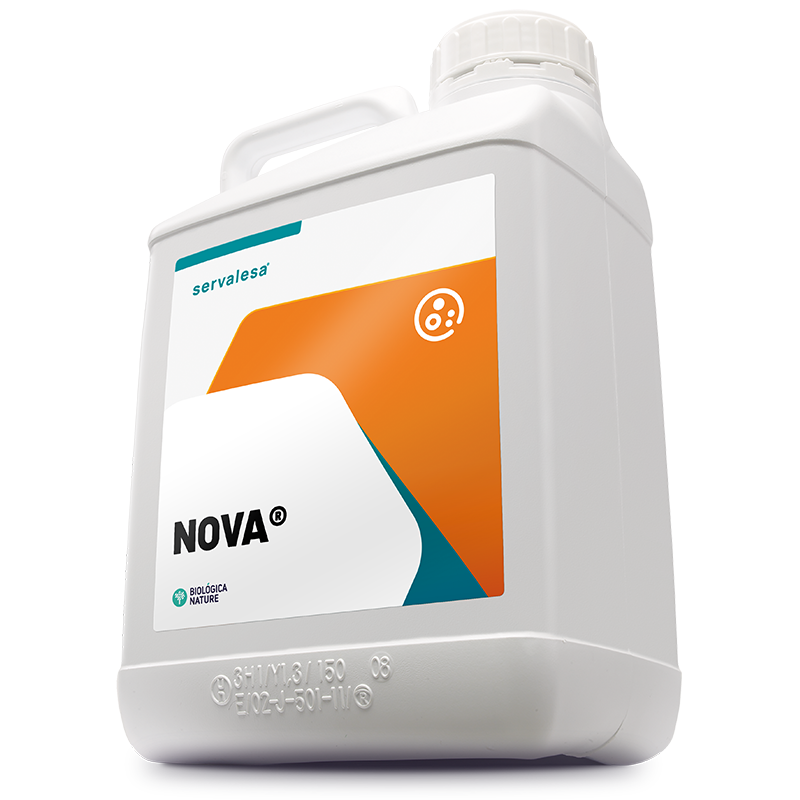
Registrations obtained in other EU Member States
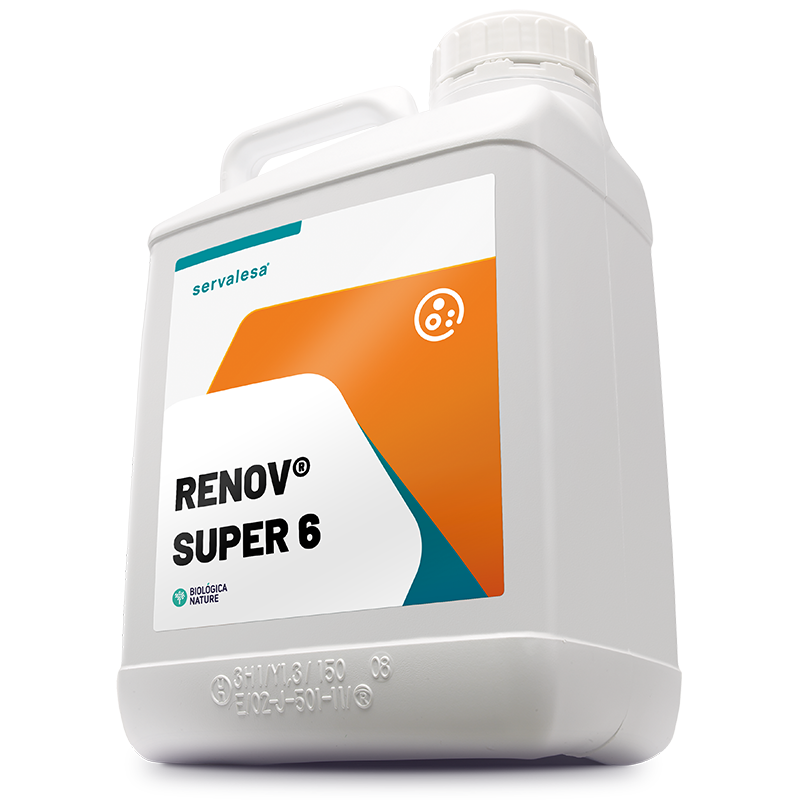
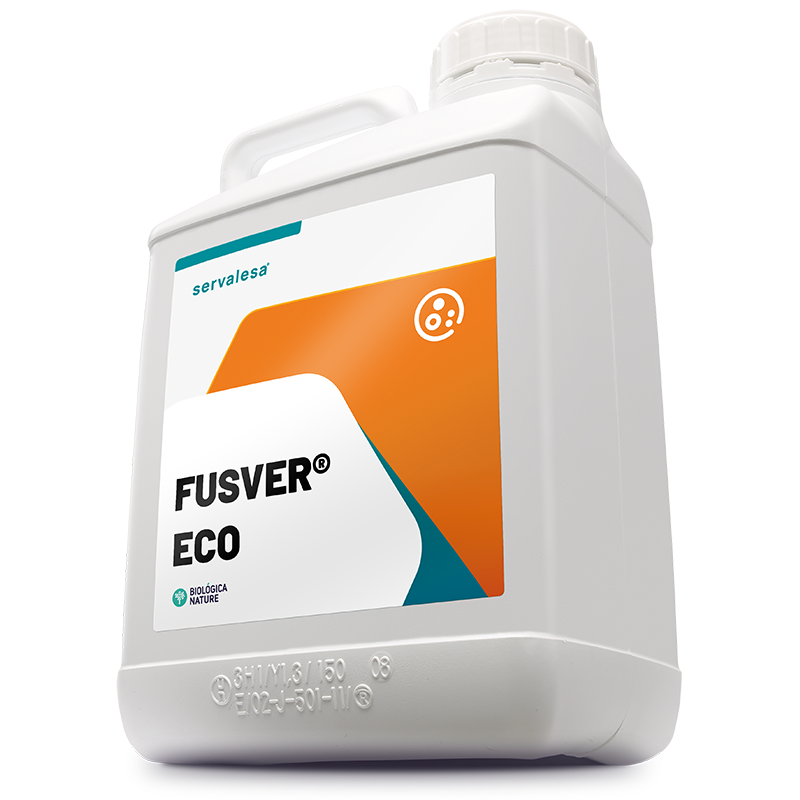
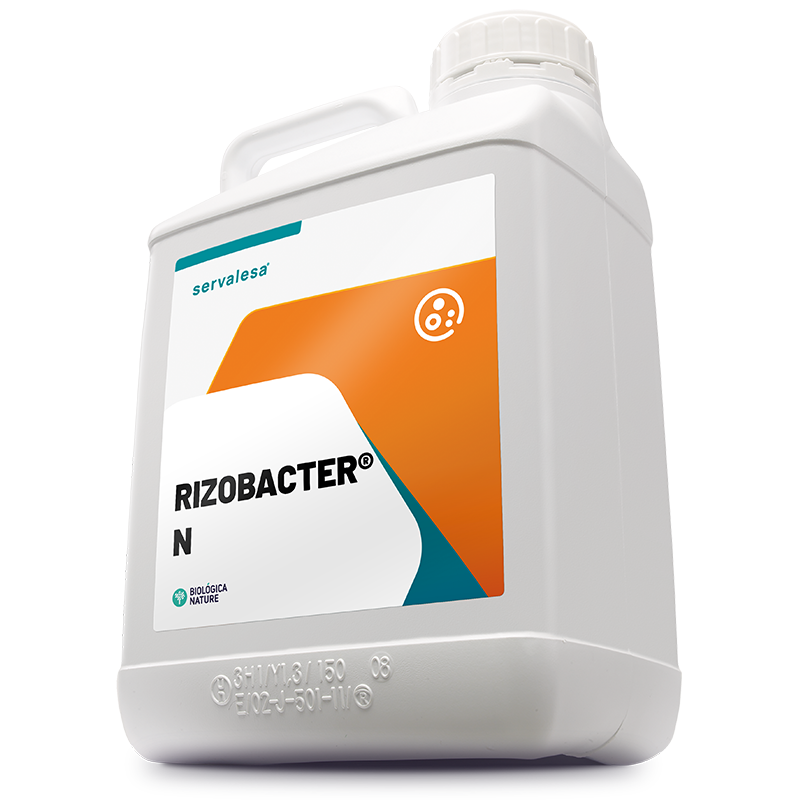
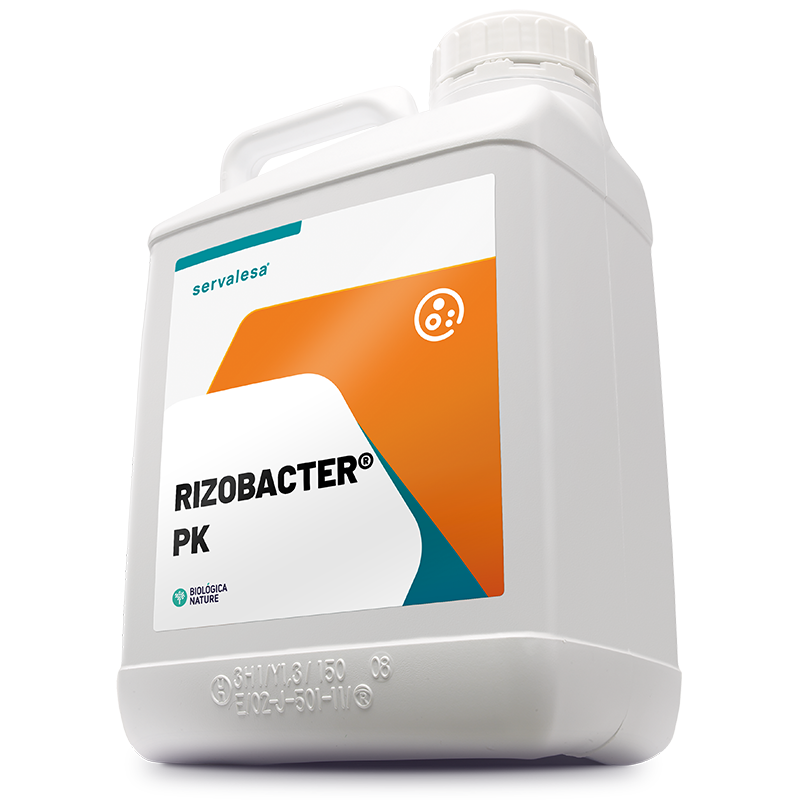
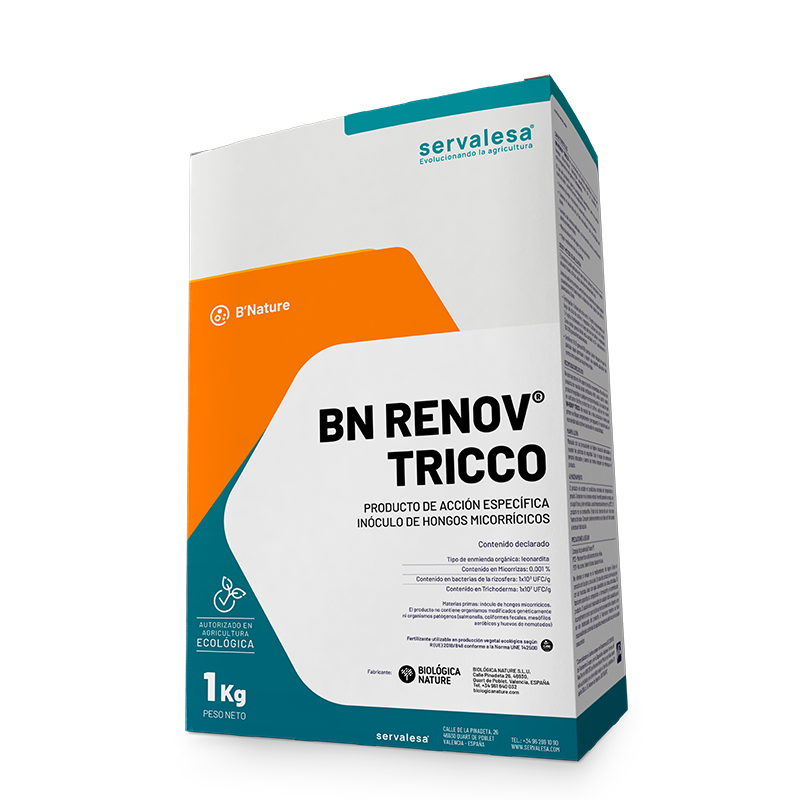
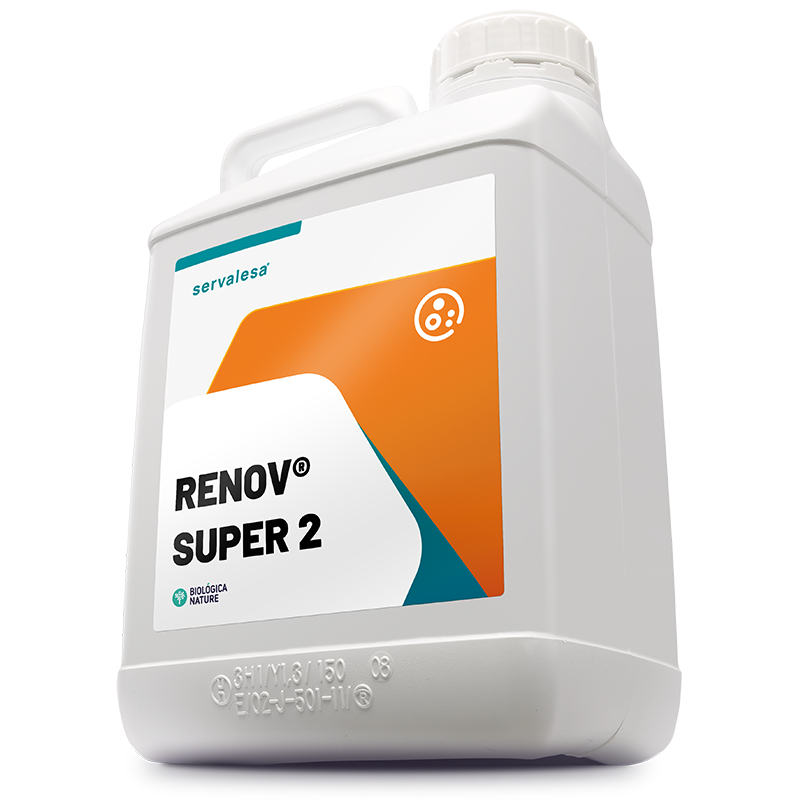
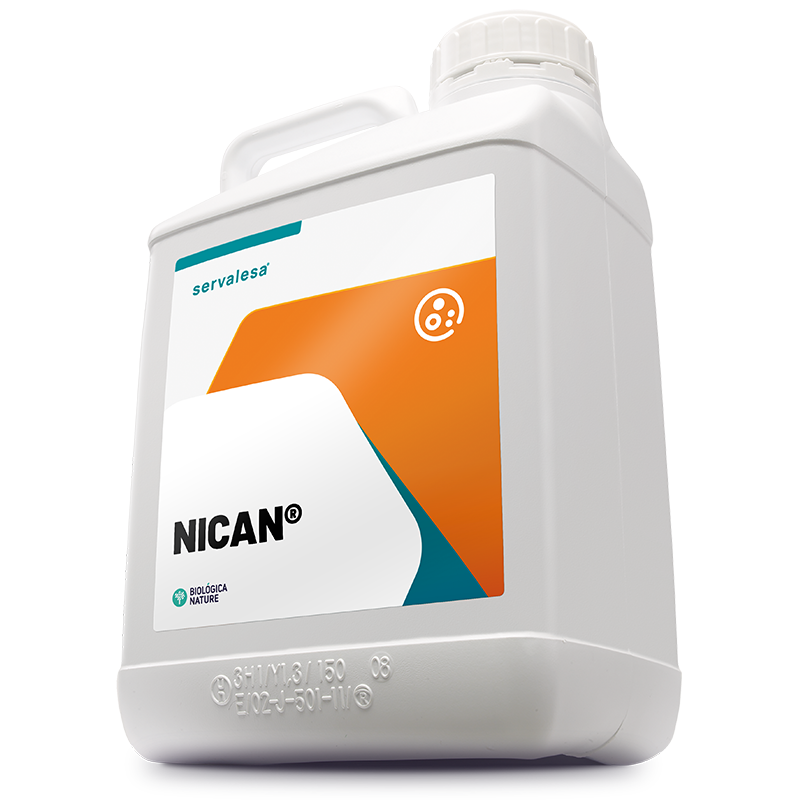


Vicente Pérez – Record Supervior from Biológica Nature
- REGULATION (EU) 2019/1009 OF THE EUROPEAN PARLIAMENT AND OF THE COUNCIL of 5 June 2019 laying down
rules on the placing of EU fertiliser products on the market, amending Regulations (EC) No. 1069/2009 and (EC) No.
1069/2009 and (EC) No. 1107/2009 and repealing Regulation (EC) No. 2003/2003. - Royal Ordinance 506/2013 of 28 June on fertiliser products.
- REGULATION (EU) 2019/515 OF THE EUROPEAN PARLIAMENT AND OF THE COUNCIL of 19 March 2019 on the mutual
recognition of goods lawfully marketed in another Member State and repealing Regulation (EC) No. 764/2008.
